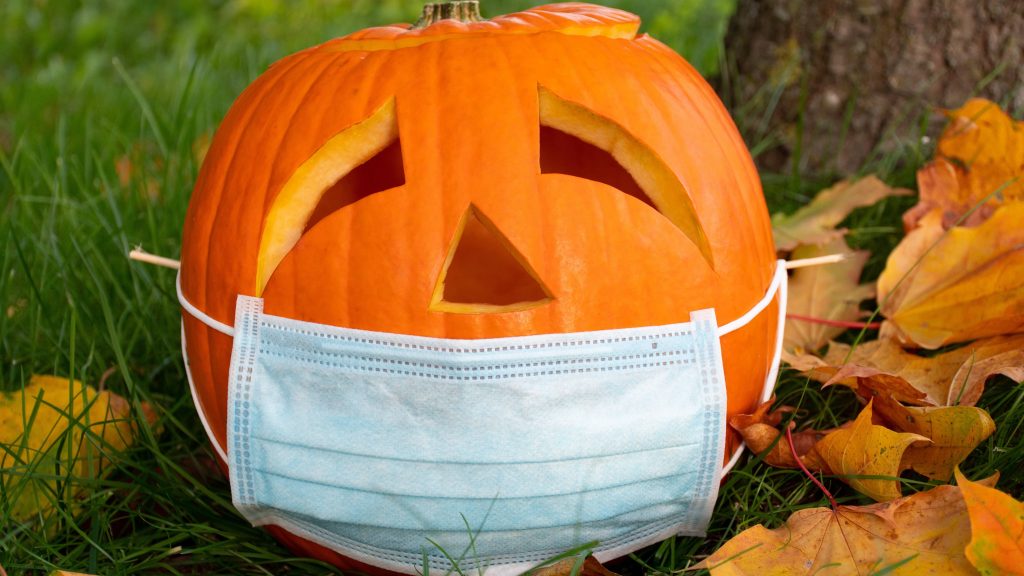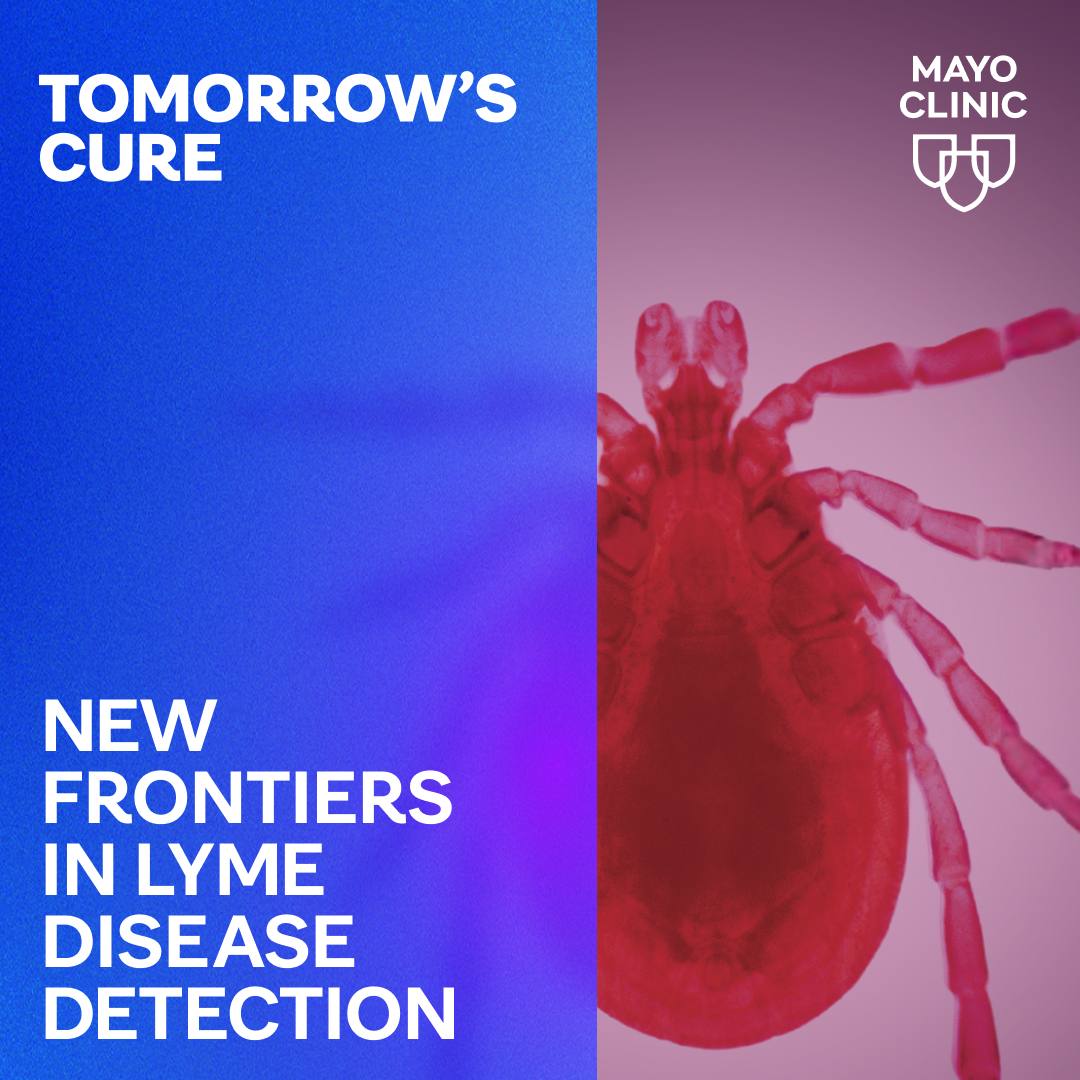
Wearing a costume and mask for Halloween has long been a holiday tradition. But a costume mask is not a substitute for a protective mask. Cloth masks combined with other preventive measures, such as frequent hand-washing and social distancing, slow the spread of COVID-19.
"A mask as part of a costume would not be considered to be protective against transmission of infection," says Dr. Nipunie Rajapakse, a Mayo Clinic pediatric infectious diseases specialist. "And we would discourage wearing a cloth mask underneath a Halloween face mask because that can impair breathing or make breathing difficult."
Watch: Dr. Rajapakse talks about Halloween masks.
Journalists: Sound bites with Dr. Nipunie Rajapakse are in the downloads at the end of the post. Please courtesy "Nipunie Rajapakse, M.D./Infectious Diseases/ Mayo Clinic."
Dr. Rajapakse says consider using a Halloween-themed cloth face mask.
"People should wear a cloth face covering that covers their nose and their mouth," says Dr. Rajapakse. "There are some nice Halloween prints that they're making now, but we are discouraging wearing them underneath a costume mask. A costume mask itself does not provide protection against transmission of the virus."
The primary way that the virus spreads is through respiratory droplets. When a person coughs, sneezes, talks or sings, they can generate droplets that someone else can potentially inhale.
But what about that the screams that a visit to a haunted house can produce?
"We do know that screaming generates respiratory droplets, so keeping more than 6 feet of distance is recommended in those situations," says Dr. Rajapakse.
Traditional Halloween activities such as trick-or-treating are discouraged this year because of a high risk of infection or exposure to the virus. Outside activities where social distancing can be practiced are lower risk than indoor gatherings or parties. Better low-risk options include virtual events, such as a virtual costume party or activities involving only your household family members.
Dr. Rajapakse says it is important that people adhere to recommended guidelines to reduce the risk of infection.
"If you are sick, or if you've been exposed to anyone with COVID-19, we recommend against any activity where you're coming into contact with other people. If you are going to be in contact with others from outside of your household, wear a cloth face covering, make sure that you wash your hands frequently, for at least 20 seconds, either using soap and water or an alcohol- based hand sanitizer, and try to adhere to that 6 feet of physical distancing. These measures will help keep you and your family as safe as possible."
Along with wearing a cloth mask with a Halloween costume, holding outdoor activities instead of indoors is another way to reduce the risk of transmission.
Related post:
Halloween safety tips during COVID-19
Information in this post was accurate at the time of its posting. Due to the fluid nature of the COVID-19 pandemic, scientific understanding along with guidelines and recommendations may have changed since the original publication date.
For more information and all your COVID-19 coverage, go to the Mayo Clinic News Network and mayoclinic.org.







